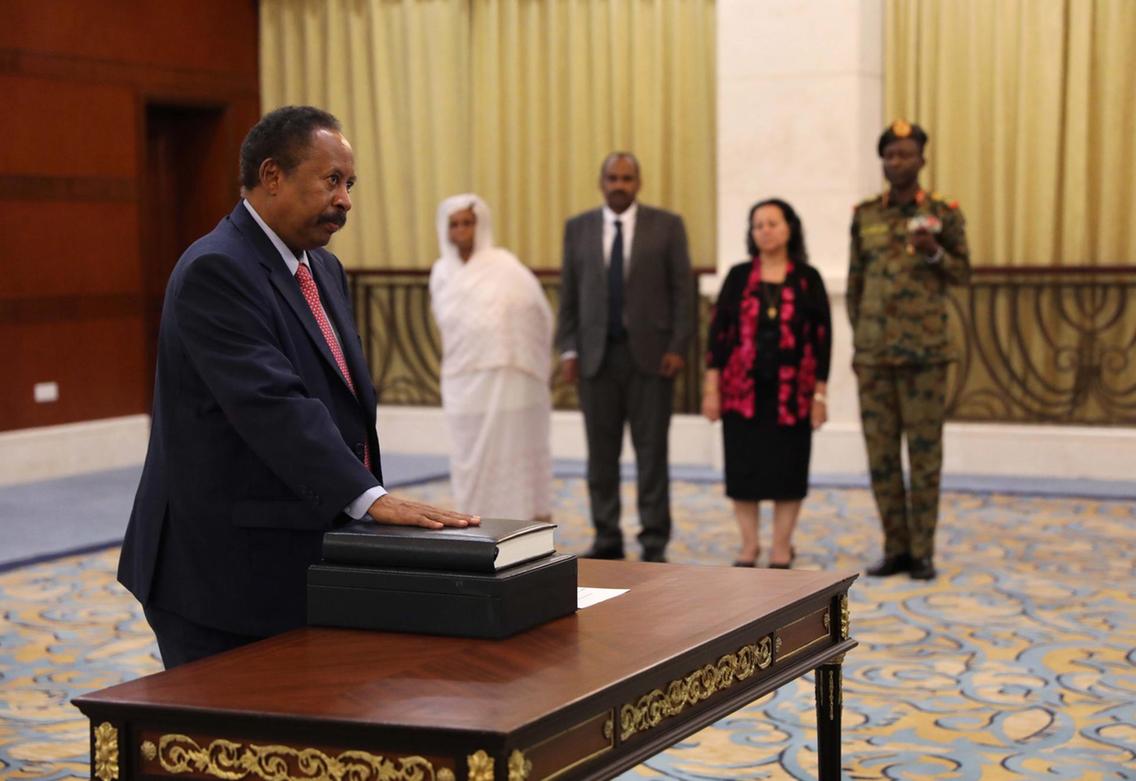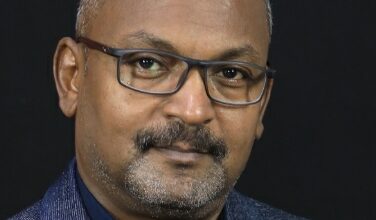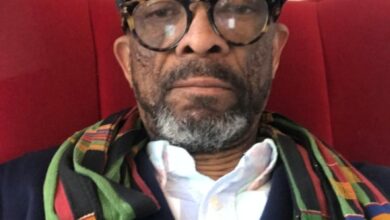
Decisions Rather Than Initiative

Omer B. Abu Haraz
It seems that the long rule of the ousted Salvation regime has a protracted deep engraved effect on the mindset of the Sudanese people especially the political leaders. The ousted regime used to play delaying tactics when faced with a growing resentment of people in any aspect. Delaying tactics of calling for dialogue or conference on issues raising concern of people. For instance, they called more than three times for conferences on the economy at times when people faced scarcity and high prices of commodities.
Convening two national dialogues on the type of governance and peace as tools for national reconciliation. The delaying tactics start by nominating hundreds of politicians, tribal leaders, and elites without consulting them before announcing in the media. At that time of autocratic rule, nobody in the nominated would dare to apologize but most of them refrain from participating. The dialogue or conference closes in a lavish ceremony in which the president received heaps of documents of pre-set recommendations which will be kept as archives without implementation.
The same tactics are applied in the transitional governance, when Dr. hammock issued an initiative two months ago to water down the growing resentment of people about the spiral inflation, lack of security, disintegration of the political incubator of the revolution (FFC), the widening gap between the military and civilians components and lack of coherence in the transitional ruling system. Dr. Hamdok felt that the situation is tense and swelling to the pressure point that will jeopardize all efforts to fulfill the slogans of the revolution which are strongly backed by the international community.
In June he announced an initiative to address certain issues impeding his steps to reform and safe-landing on the turf of democracy, civilian governance, and rule of law.
The main points of his initiative are:
- Unification of the transitional civilian components
- Creating one national army.
- Unification of decision-making centres.
- Setting a binding foreign policy.
- Completion of the peace process which includes implementation of the Juba Peace Agreement and the inclusion of the remaining factions (Al-Hilu and Abdulwahid)
- Economic reform to address the hardships on the poor citizens by the utilization and adherence to the pre-requisites of the international financial institutions.
- Supporting the committee for the dismantling of all relics of the ousted regime.
- Steadfast adherence to the slogan of transforming Sudan in a new look of full democracy, freedom, equality, and justice.
Last week, Dr. Hamdok and his crew nominated 71 persons to be the implementing mechanism for his initiative. They used the same tactics and methodology of the ousted regime of announcing the 71 nominees without consulting them. The three most important nominees apologized in fiery statements. Unfortunately, the three represent the two most troubled regions – Darfur and East – Minnawi, the governor of Darfur Region and Tirik, leader of Bija Congress, and Diglal, head of Bani Amir big tribe in the East. The three declining will lead to the early failure of the initiative.
Going through the 8 points of the initiative one will conclude that all 8 points fall right in the middle of the duties of the Prime Minister as stipulated in the Constitutional Document. So what is needed is courageous decisions by the P.M. to resolve the points without the non-productive dialogue. Non-productive because the 71 persons have a wide diversity in their beliefs, ideologies, and party interests. Some are inimical and do not see eye-to-eye. Some are not qualified to address the points of the initiative to square one.
Points in the initiative like decision-making, one foreign policy, implementation of the peace agreement, financial policy and cooperation with the international institutions already resolved, dismantling of the ousted regime relies on and transitional justice are all doable by decisions and decrees from the P.M. except the creation of one national army in which P.M. can argue the two military top brass of army and the Rapid Support Forces to set a timetable for a speedy process of integration as it is the cornerstone of the pre-requisites of the promised assistance by the international community.




